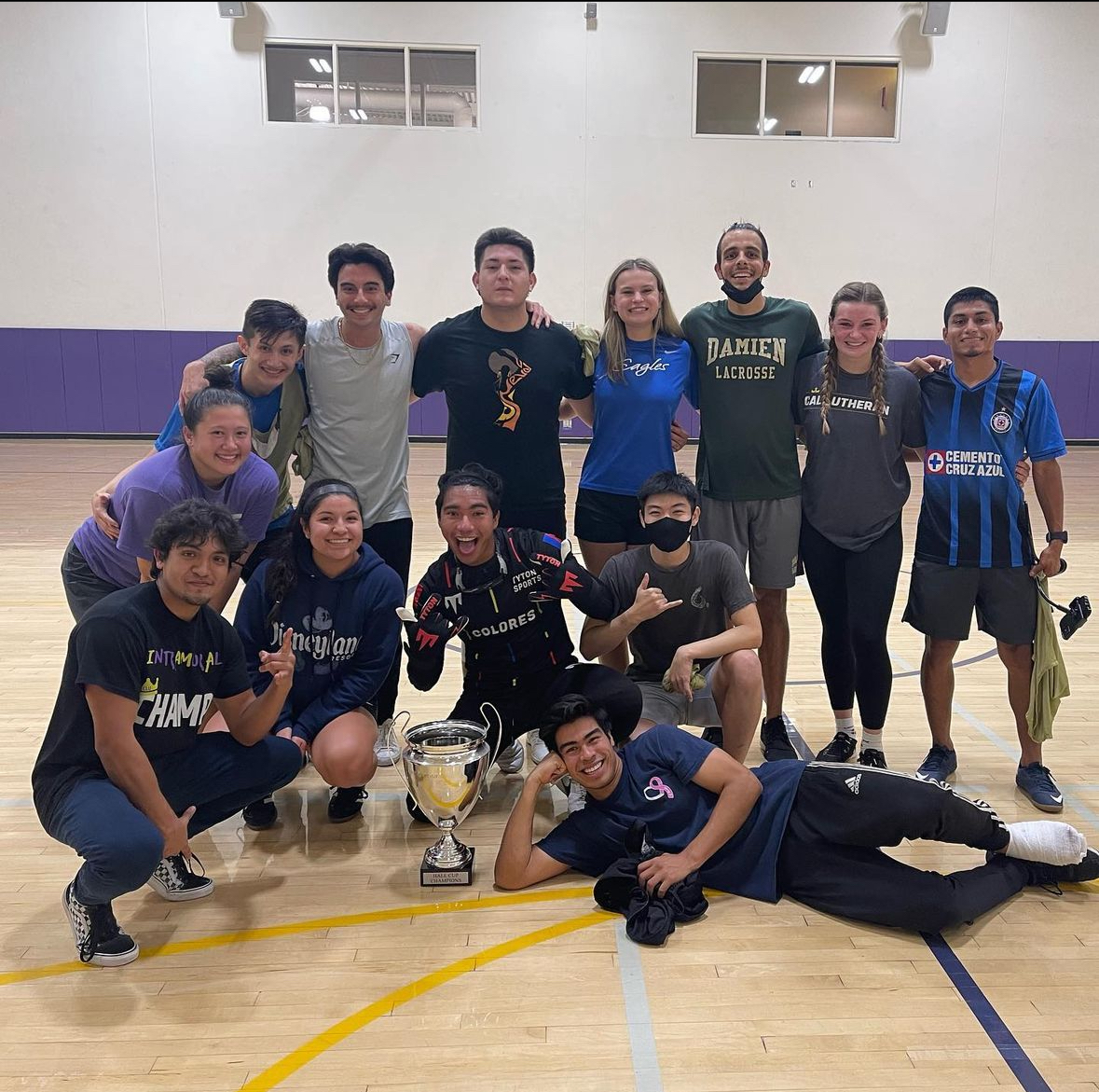Early last week, more than 200 people across the nation were linked to paying a private college coach tens of thousands of dollars to secure their children spots at top universities like Yale, Georgetown and the University of Southern California.
Officials say accused ringleader of the scam, William “Rick” Singer, took up to $25 million in bribes. Those involved in the scam, now called “Operation Varsity Blues,” include celebrities like Lori Loughlin and Felicity Huffman and top athletic coaches.
Parents in the scandal are taking seats from people who worked hard to get into an elite college. If money was taken out of the equation, would your child have been accepted? If your child cannot get into an elite college by their own merit, then leave the spot open for someone who has worked to earn it. The real victims are the students who were displaced during the admissions process.
California Lutheran University alumna Aliyah Navarro was accepted into the strategic public relations program at USC’s Annenberg School of Journalism. Navarro said she has had the dream of attending USC since eighth grade.
“I didn’t know how I was going to get there, but knew one day I would,” Navarro said. “As soon as I read that [acceptance] email I cried—there were lots of tears. It was because of the hard work it took. And I’m still working hard; I’m not where I want to be.”
Navarro said the program’s application process alone was one that took “a lot of effort,” as it required a common application, two letters of recommendation, a personal statement, a writing sample that was up to 10 pages long and, if accepted, a panel interview.
Coming from a low-income household with a single mother, Navarro said, “It’s a disgrace to see that people who were already at a certain level of income and had that advantage had gotten into these higher institutions that offered benefits—those who are in need would have benefitted through that.”
Despite the admissions scandal surrounding universities like USC, Navarro said she is still planning to start the graduate program in August because she “is the only person who can get [herself] there.”
This controversy perpetuates the unfair perceptions of merit and achievement among teenagers. A fancy degree from a fancy college means nothing if you do not care about it. As social media “influencer” Olivia Jade, whose mother is actress Lori Loughlin, has already openly expressed, she is simply “not interested in school.”
“I don’t know how much of school I’m going to attend, but I’m going to go in and talk to my deans and everyone and hope that I can try and balance it all,” Olivia Jade said in a 2018 video. “But I do want the experience of game days, partying…I don’t really care about school.”
Why would people like Loughlin and Huffman, who were respected in their industries prior to the scandal break, risk so much and break the law for something that means so little to their children?
Parents wrapped up in “Operation Varsity Blues” were ultimately serving their own egos. If they wanted their children to have a good education by going to an elite college, the schooling they received when they were younger should have been reflected in their college applications. But the fact that these parents needed to disguise their children’s academic shortcomings by lying about athletic ability or using falsified standardized test scores shows they are fully aware of their wrongdoing.
It is OK if your child did not get into an elite school. People are more than the university printed on their degrees. But when you pay your way into college, it completely negates the ideals and values of higher learning such as broadening one’s worldview
According to the Post-Secondary Policy Institute and the National Center for Education Statistics, only 25 percent of first-generation college students attended a four-year institution after graduating high school. The odds of going to college were not and are not stacked in these students’ favor, and yet they still attended on the basis of their own achievement.
To stop contributing to the already large problem of classism in America, people should stop using money as leverage to send their children to college. For the rest of us, choosing a college is not like shopping for a new pair of shoes. We do not have the luxury of picking and choosing.
“It’s unfair to those who worked hard, but hopefully now more individuals who rightfully deserve to go to the institution of their dreams have the opportunity to do so and gain admission,” Navarro said.
It would be wise for parents involved in the scandal to own up to their mistakes. But only time will tell the severity of such penalties and if money will be able to buy them out of this one.
Olivia Schouten
News Editor







